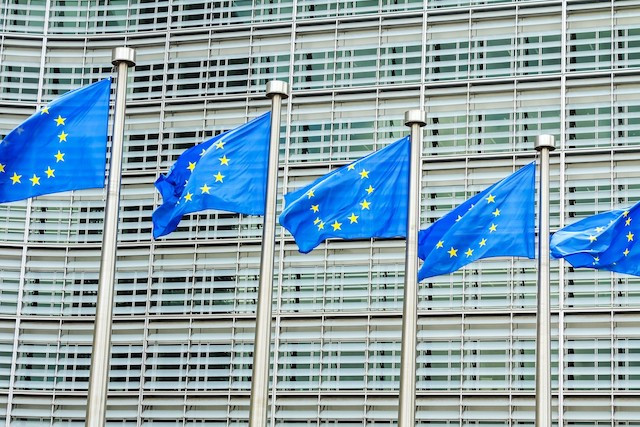The European Parliament had set a deadline for an agreement for midnight on Sunday, 20 December, saying this would leave barely enough time to analyse a deal of several hundred pages and vote on it ahead of 1 January.
“Several topics are still at the centre of the discussions. There’s been significant progress on competition and governance, but fishing--very symbolic for London--remains the main disagreement,” said a source close to the EU’s chief Brexit negotiator Michel Barnier.
“I waited up until midnight to see,” said Luxembourg MEP Christophe Hansen (CSV-EPP), rapporteur of trade deal to the parliament’s international trade committee. “It’s clear that parliament is no longer in a position to ratify such an agreement in time,” he said.
Belgian MEP Philippe Lamberts (Greens/EFA) said the same, adding: “It was ridiculous. It was already too late last week. The European Parliament didn’t have the time to ratify. The Greens were the only ones to oppose and I think this type of thing weakens parliament.”
Several scenarios
Different options are now on the table on how to proceed. The first would be to extend the Brexit transition period, which will come to an end on 1 January.
“This would require the European Union making a request and the United Kingdom accepting,” said a diplomatic source. But prime minister Boris Johnson has already ruled out an extension despite appeals from politicians including Scottish leader Nicolas Sturgeon or London’s mayor Sadiq Khan amid a growing coronavirus crisis in the country.
Should an agreement be found by 23 December, this “could enter into force provisionally, but from the point of view of parliament this isn’t a good thing. It means that next year, we will need to say ‘yes’ or ‘no’ on something already in force,” said Hansen. “This decision is the Council’s, which can take it unilaterally. Nevertheless, despite all the problems this would bring, it could be the least disruptive case.”
The other two options would be a no-deal scenario - temporary or permanent.
“We could find ourselves in a no-deal situation waiting for a final agreement to be found, with World Trade Organisation rules until ratification,” said Lamberts.
For Hansen a complete no-deal from January under WTO rules or the provisional application of the agreement until ratification remain the more likely options.
Contingency measures
In the meantime, the EU has been preparing for all eventualities and on 10 December presented contingency measures in case no deal was found. These were adopted by the European Parliament on 18 December and aim to ensure basic air and road connectivity.
Pressure is also on Johnson, said Lamberts, after promising that the UK could have its cake and eat it. “He will be detested by a number of people, including within his own electorate,” Lamberts said.
Despite preparations ongoing since 2016, it is therefore still too soon to know the outcome Brexit. Talks resumed on Monday and MEPs remain on standby for any outcome.
This article was originally published in French on paperjam.lu and has been translated and edited for Delano.
